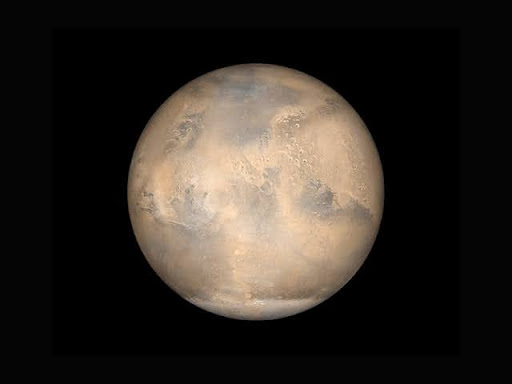The human imagination has always been captivated by the possibility of exploring new frontiers. From ancient seafarers setting sail for distant lands to modern-day astronauts venturing beyond Earth’s atmosphere, the quest to push the boundaries of exploration has been a driving force in human history. As we look to the stars, one question looms large: Is real estate on Mars in our future?
The notion of owning property on another planet may sound like the stuff of science fiction, but recent advancements in space exploration and technology have brought this concept closer to reality than ever before. With private companies like SpaceX and Blue Origin leading the charge in space exploration, the dream of colonizing Mars is no longer confined to the realm of fantasy.
One of the key drivers behind the potential colonization of Mars is the idea of establishing a sustainable human presence beyond Earth. With concerns about overpopulation, resource depletion, and the long-term survival of our species, Mars represents a tantalizing opportunity to create a new frontier for humanity. But what does this mean for real estate?
Imagine a future where Martian colonies are thriving hubs of activity, complete with bustling cities, research outposts, and industrial facilities. In such a scenario, the demand for real estate on Mars would likely skyrocket, driven by a combination of factors, including scientific research, commercial interests, and the innate human desire to explore and conquer new territories. But what would Martian real estate actually look like? Unlike Earth, Mars presents numerous challenges for would-be settlers, including extreme temperatures, limited resources, and a hostile environment. Building structures capable of withstanding these harsh conditions would require innovative engineering solutions and cutting-edge technology.
Despite these challenges, there are already ambitious plans in motion to establish the first human settlements on Mars. SpaceX founder Elon Musk has outlined his vision for a self-sustaining colony on the Red Planet, complete with habitats, greenhouses, and even terraforming efforts to make the Martian environment more hospitable to human life. Of course, the idea of owning property on Mars raises a host of legal and ethical questions. Who would have the right to claim ownership of Martian land? Would existing Earth-based property laws apply, or would new regulations need to be established? And what responsibilities would property owners have towards the Martian environment and any potential native life forms?
These are complex issues that will need to be addressed as we move closer to realizing the dream of colonizing Mars. But despite the challenges, the prospect of owning a piece of the Red Planet is undeniably exciting for many people. Just imagine the bragging rights that come with telling friends and family that you own property on another planet!
Of course, it’s important to temper our excitement with a healthy dose of realism. The colonization of Mars is still in its infancy, and there are many hurdles that need to be overcome before it becomes a reality. But as history has shown, human ingenuity knows no bounds. And who knows? Perhaps one day, we’ll all be proud landowners on the Red Planet, gazing up at the stars and marveling at how far we’ve come.




